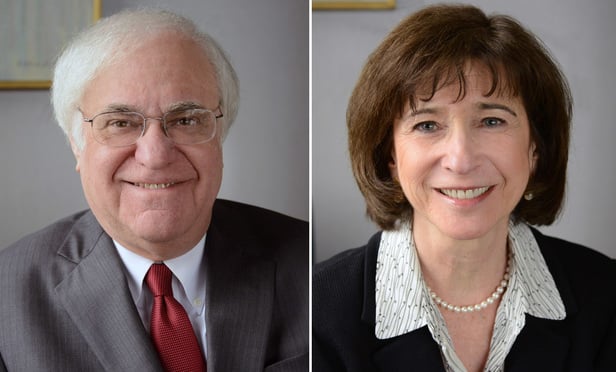In recent months, wrongful conviction cases in New York City have received significant media attention. A number of men—many of whom were convicted of serious criminal charges in Brooklyn during the 1980s—have been exonerated by the courts. In pursuing their civil claims, they have alleged that they were convicted due to misconduct by police officers, and some have already received substantial settlements from both the city and state. In a Jan. 12 article in The New York Times, “New York City Settles Three Brothers’ Wrongful Conviction Cases for $17 Million,” Comptroller Scott Stringer said: “The 1980s were a difficult time in our city’s history and in a certain way, we are sort of unearthing the tangled history of that time period in our court system today.”
The law that governs wrongful conviction cases is extremely complex. In this column, we will survey several of the most common concepts and issues that arise in cases where a wrongfully convicted individual seeks compensation.
Court of Claims Act
This content has been archived. It is available through our partners, LexisNexis® and Bloomberg Law.
To view this content, please continue to their sites.
Not a Lexis Subscriber?
Subscribe Now
Not a Bloomberg Law Subscriber?
Subscribe Now
LexisNexis® and Bloomberg Law are third party online distributors of the broad collection of current and archived versions of ALM's legal news publications. LexisNexis® and Bloomberg Law customers are able to access and use ALM's content, including content from the National Law Journal, The American Lawyer, Legaltech News, The New York Law Journal, and Corporate Counsel, as well as other sources of legal information.
For questions call 1-877-256-2472 or contact us at [email protected]



